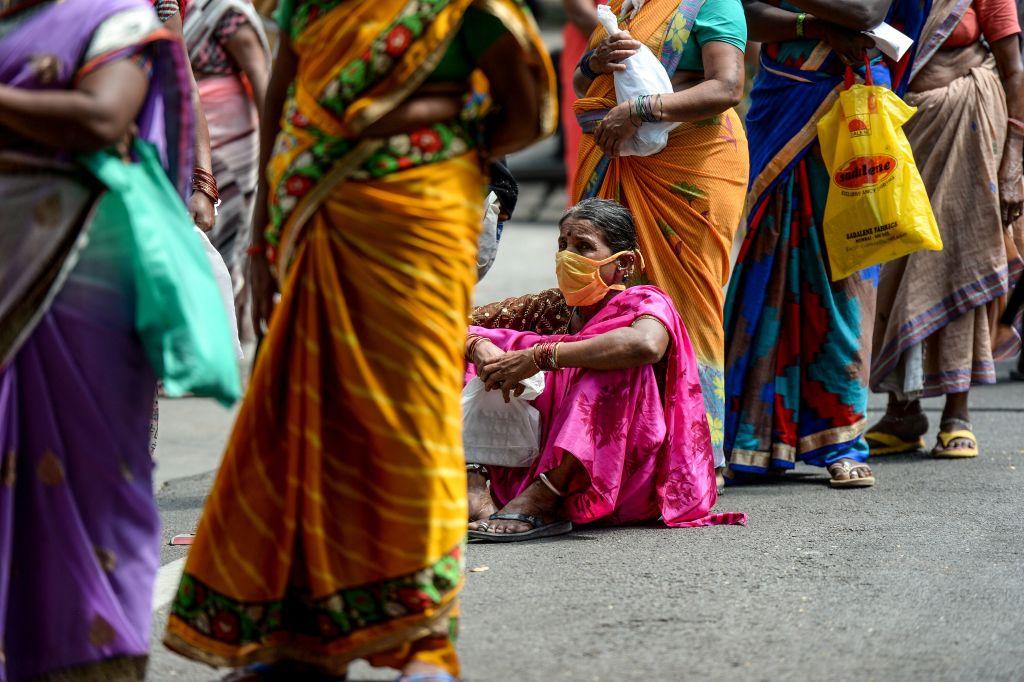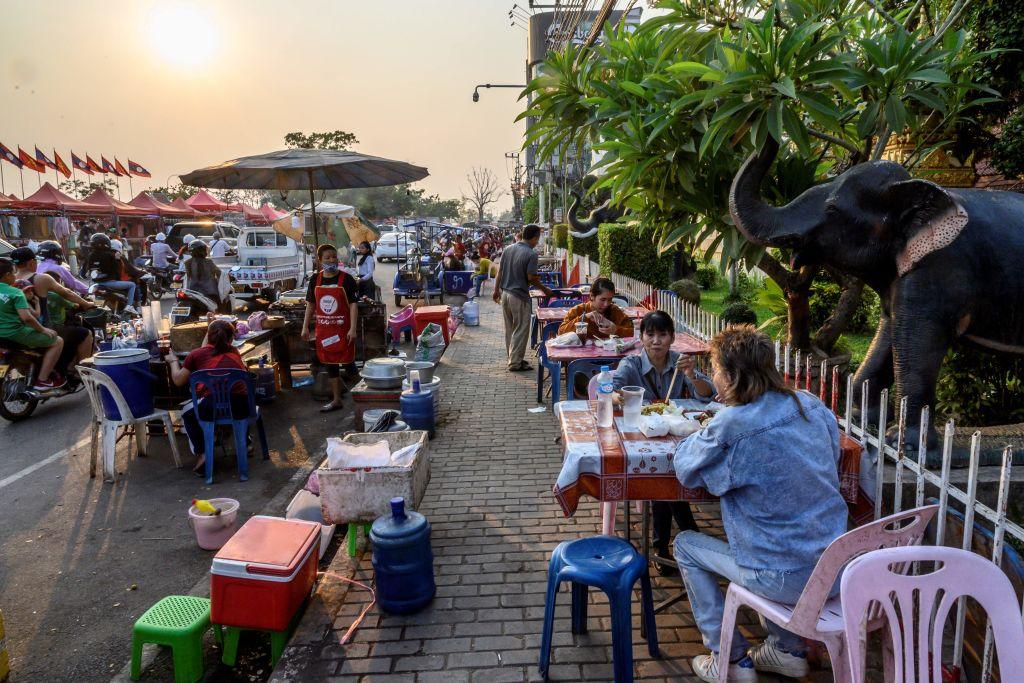Communist guerrillas in the Philippines have trained their sights on Chinese state-owned firms building infrastructure and military bases in the country, projects that have the backing of President Rodrigo Duterte.
The Communist Party of the Philippines (CPP) has ordered its military wing, the New People’s Army, to target firms involved in the construction of seven Chinese military bases in the West Philippines Sea (the eastern parts of the South China Sea that are part of the Philippines’ exclusive economic zone).





